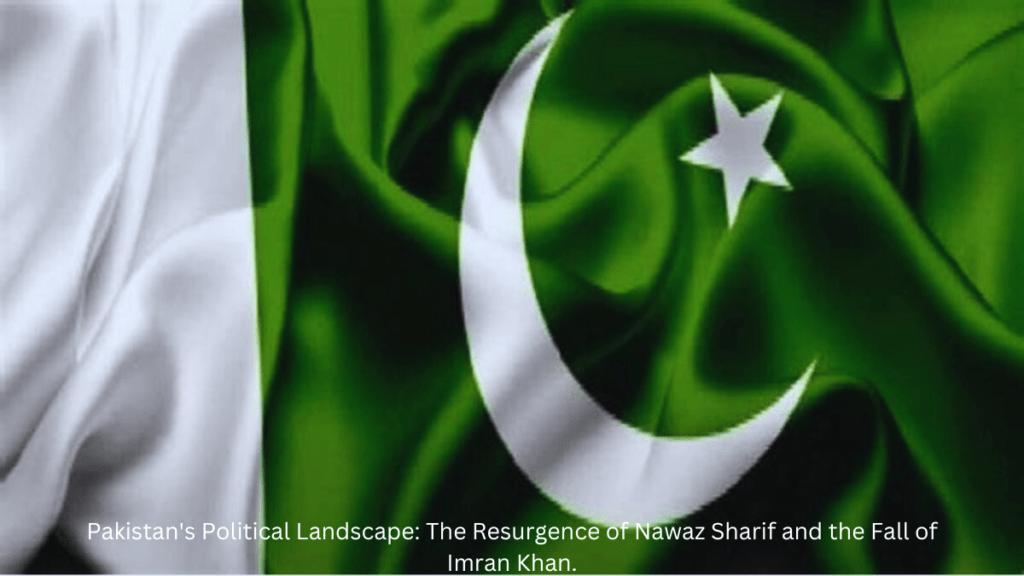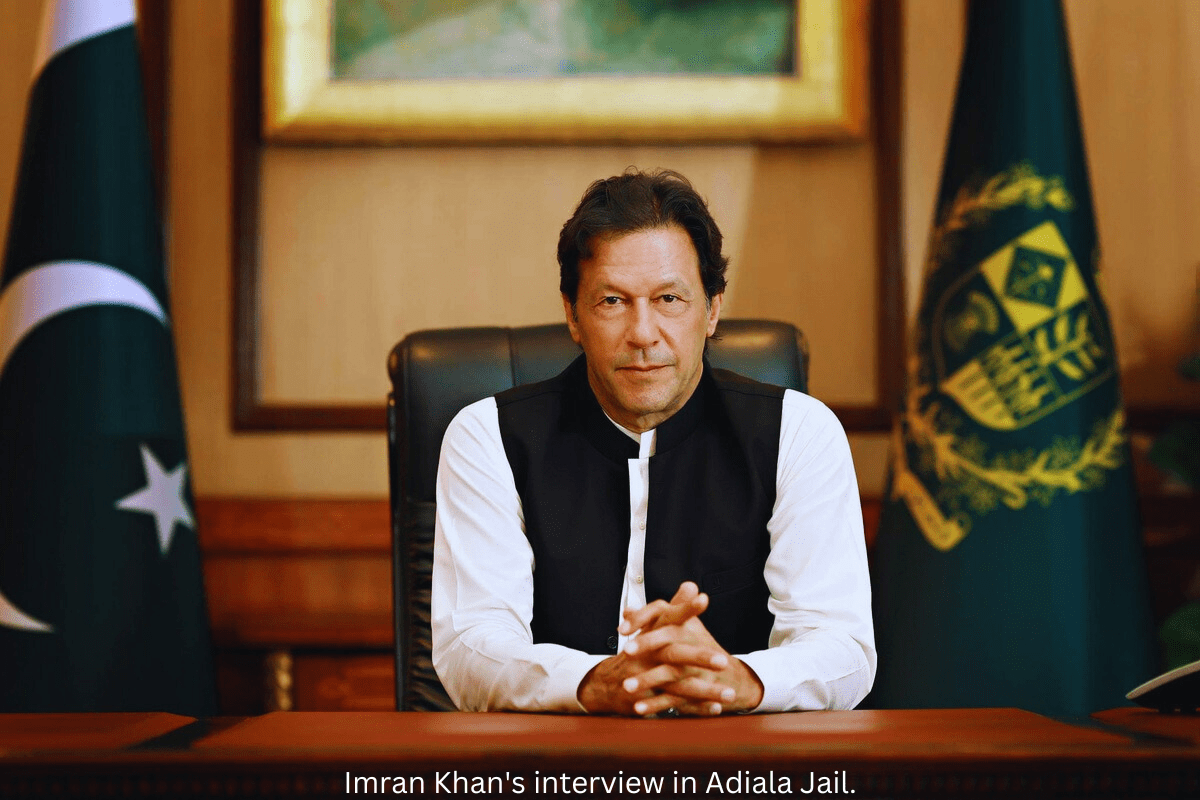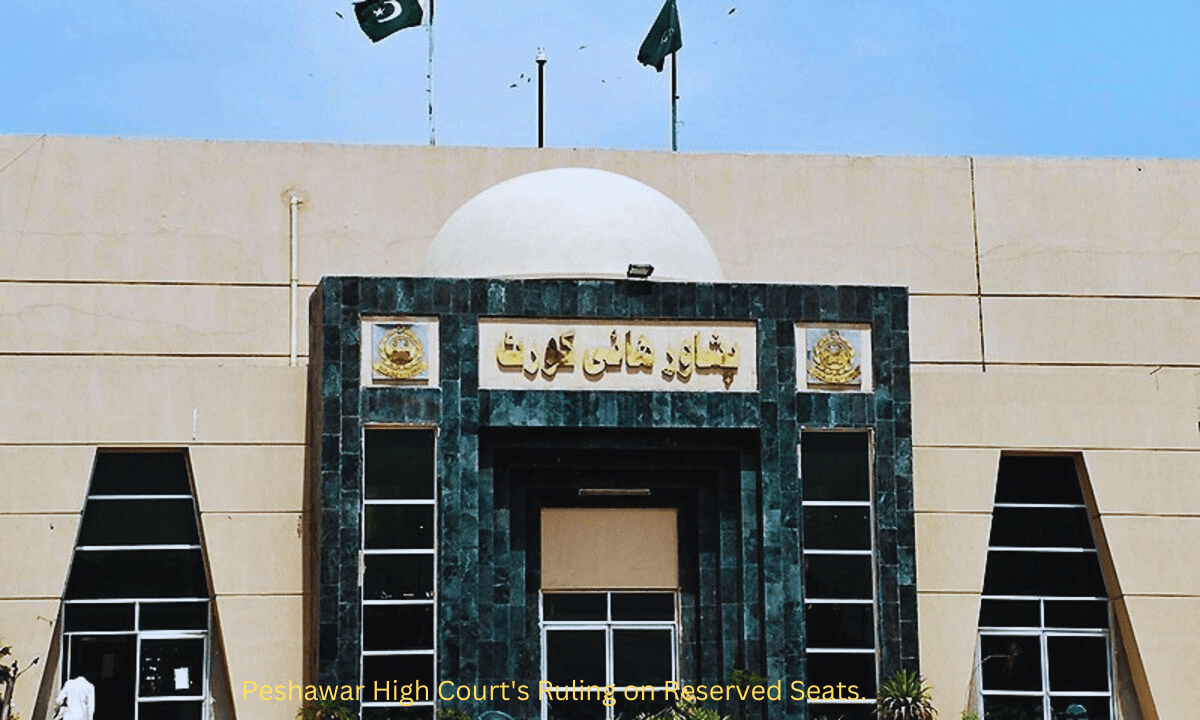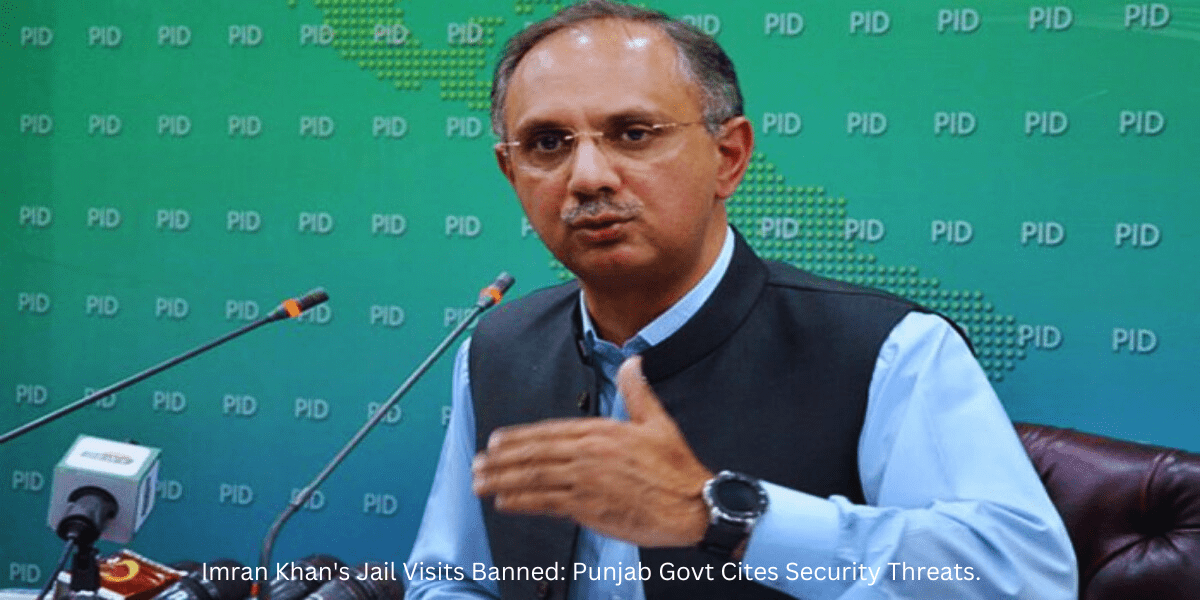
The political landscape of Pakistan, marked by the resurgence of Nawaz Sharif and the imprisonment of Imran Khan, underscores the enduring influence of corruption and the military. As the nation navigates economic challenges and electoral uncertainties, the interplay between power dynamics and democratic aspirations remains pivotal.
Pakistan’s Political Landscape
The political terrain of Pakistan is a dynamic landscape shaped by a multitude of factors, including power struggles, electoral dynamics, and the pervasive influence of the military.
The Influence of Politics on the Economy
Politics in Pakistan plays a pivotal role in shaping the country’s economic trajectory. The decisions made by political leaders have a direct impact on the economy, affecting factors such as growth, inflation, and debt management.
Nawaz Sharif: A Political Resurgence
Nawaz Sharif, a prominent figure in Pakistani politics, has experienced a remarkable resurgence in recent years. Despite facing challenges such as imprisonment and corruption allegations, Sharif has emerged as a frontrunner in the political arena.
Imran Khan’s Imprisonment
Imran Khan, a former cricket star turned politician, has faced tumultuous times, including imprisonment on corruption charges. His incarceration has been a significant event in Pakistan’s political landscape, garnering attention both domestically and internationally.
The Role of the Military in Pakistani Politics
The military holds significant influence in Pakistani politics, often operating behind the scenes to shape outcomes and maintain stability. Its involvement in key decisions, such as electoral processes and governance, underscores its enduring presence in the country’s political landscape.
Prime Ministerial Aspirations
Aspiring to the position of Prime Minister is a common goal for many politicians in Pakistan. The role holds immense power and responsibility, making it a coveted position in the country’s political hierarchy.
Prisons and Political Consequences
Prisons have become a common destination for Pakistani politicians, with many facing imprisonment on charges ranging from corruption to sedition. The incarceration of political figures often leads to significant repercussions, both within the political sphere and among the general populace.
Corruption Scandals and Accountability
Corruption scandals have plagued Pakistani politics for decades, undermining public trust in the government and eroding democratic institutions. Efforts to hold politicians accountable for their actions have been met with mixed success, highlighting the ongoing challenges in combating corruption.
Electoral Dynamics and Voter Participation
Elections in Pakistan are marked by a combination of enthusiasm and skepticism, with voter participation playing a crucial role in determining outcomes. The electoral process is often marred by allegations of fraud and manipulation, highlighting the need for transparency and accountability.
Economic Challenges and IMF Bailouts
Pakistan faces numerous economic challenges, including high inflation, soaring debt levels, and stagnant growth. The country has relied on IMF bailouts to shore up its finances and implement reforms aimed at stabilizing the economy.
Judicial Oversight and Supreme Court Decisions
The Supreme Court of Pakistan plays a critical role in ensuring judicial oversight and upholding the rule of law. Its decisions on matters such as electoral disputes and constitutional issues have far-reaching implications for the country’s political landscape.
No-Confidence Motions and Political Maneuvering
No-confidence motions are a common feature of Pakistani politics, often used as a tool for political maneuvering and coalition building. The success or failure of such motions can have significant consequences for the ruling party and the broader political landscape.
Ensuring Security in a Volatile Environment
Security remains a paramount concern in Pakistan, given its geopolitical challenges and internal strife. Efforts to maintain stability and safeguard citizens from threats such as terrorism and insurgency require a concerted and multifaceted approach.
Frequently Asked Questions (FAQ’s)
Q: Why is Nawaz Sharif seen as the front-runner in Pakistani politics?
A: Nawaz Sharif’s front-runner status stems from overturned corruption convictions and military support post-Imran Khan’s confrontation.
Q: How does the military influence Pakistani politics?
A: The military influences politics through behind-the-scenes maneuvering and historical interventions.
Q: What led to Imran Khan’s imprisonment?
A: Imran Khan’s imprisonment resulted from convictions on corruption and disclosing official secrets charges.
Q: What are the economic challenges facing Pakistan?
A: Pakistan faces economic challenges like high inflation and significant debt repayments, requiring IMF bailouts.
Q: What impact do Supreme Court rulings have on elections?
A: Supreme Court rulings, like the recent decision affecting Khan’s party symbol, can sway electoral outcomes in Pakistan.




Leave a Reply